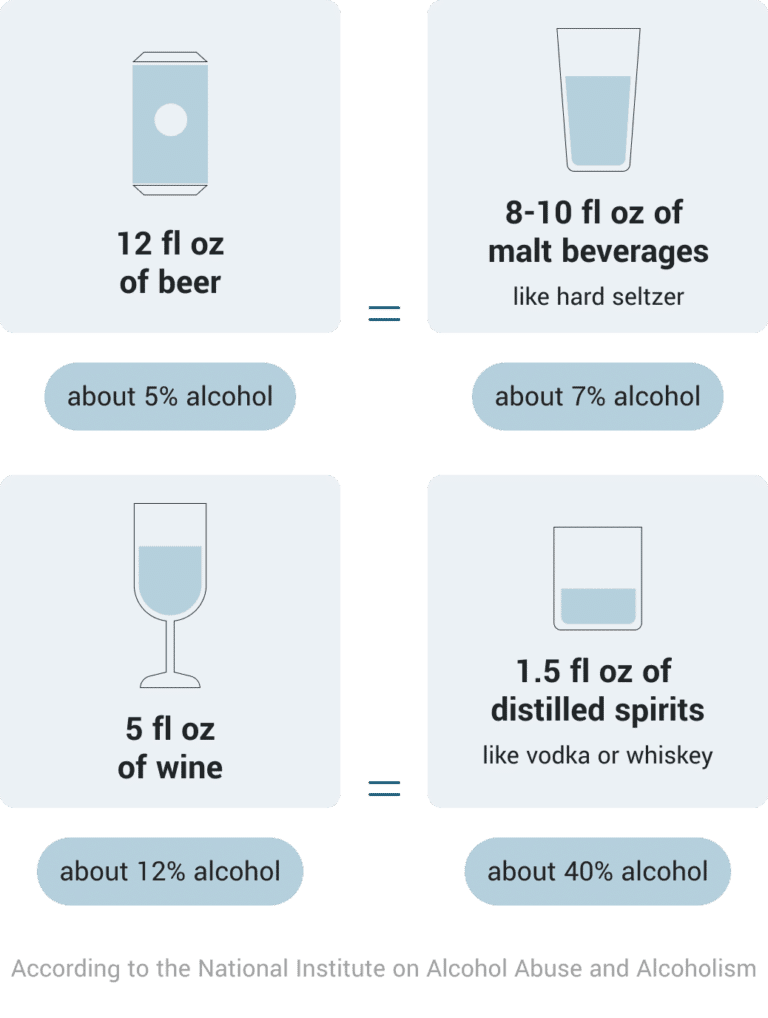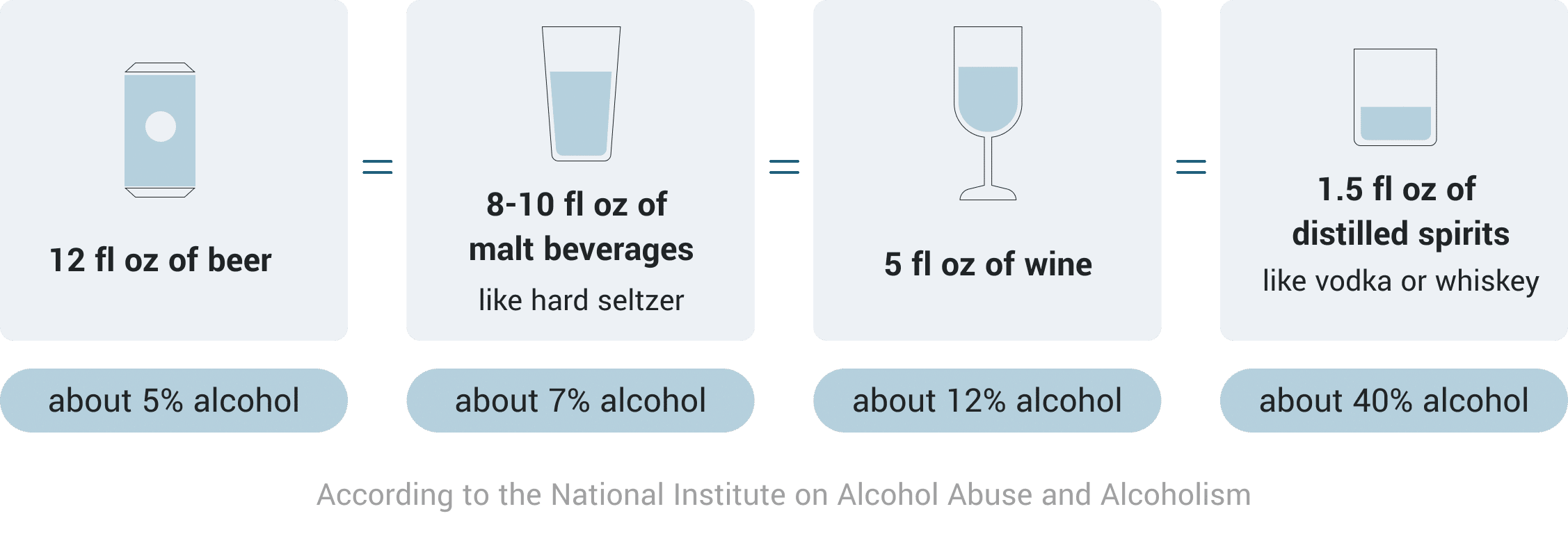What Is Alcoholism?
Alcoholism is the most severe form of alcohol abuse and involves the inability to manage drinking habits. It is also commonly referred to as an alcohol use disorder. Alcohol use disorder is organized into three categories: mild, moderate, and severe. Each category has various symptoms and can cause harmful side effects. If left untreated, any alcohol abuse can spiral out of control.
Dangers of Alcohol Abuse
Signs Of Alcohol Addiction:
Alcohol is often consumed in more significant amounts or over a more extended period than you intended.
You have unsuccessfully tried to cut down or control your alcohol use.
A great deal of your time is spent obtaining alcohol, using alcohol, or recovering from its effects.
You crave alcohol or have a strong desire or urge to use alcohol.
You engage in recurrent alcohol use, failing to fulfill significant role obligations at work, school, or home. You continue to use alcohol despite having persistent or recurrent social or interpersonal problems caused or worsened by its effects.
You continue to use alcohol despite having persistent or recurrent social or interpersonal problems caused or worsened by its effects.
You give up or reduce important social, occupational, or recreational activities because of your alcohol use.
You engage in recurrent alcohol use in physically hazardous situations.
You continue to use alcohol even though you know you have a persistent or recurrent physical or psychological problem likely caused or worsened by it.
You experience tolerance, which either of the following can define: a need for significantly increased amounts of alcohol to achieve intoxication or the desired effect or a markedly diminished effect with continued use of the same amount of alcohol.
Alcohol Withdrawal
One of the most apparent signs of alcohol dependency is experiencing alcohol withdrawal. Alcohol withdrawal is the changes the body goes through after a person suddenly stops drinking after prolonged and heavy alcohol use. Over time, both the body and the brain become dependent on drinking frequency and patterns. When you abruptly stop drinking, your body is deprived of the effects of alcohol and requires time to adjust to functioning without it. This adjustment period causes the painful side effects of alcohol withdrawal, such as shakes, insomnia, nausea, and anxiety.


